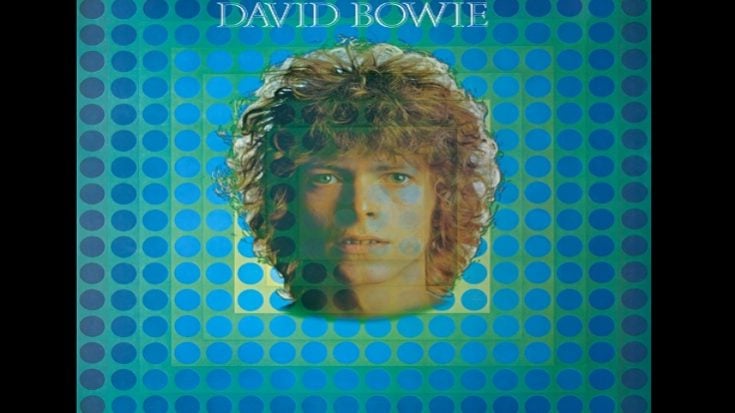The Influence Of The Album David Bowie To 1969 Culture

Space Oddity - David Bowie / YouTube
Anyone who knows David Bowie distinctly remembers his continuing experimentation with music that shows his mastery to create a new persona whilst undertaking a new musical direction to it. Although the others saw his work as something he went through with his changes, Bowie, however, looked at it as his own theatre production. His second self-titled album, David Bowie showed the star’s amicable pursuit to new heights, creating a song about a fictional astronaut and his ground control team. This became a new approach that opened him to rockstar success.
“Space Oddity”, a novelty song present to the aforementioned album might’ve been one of Bowie’s greatest records. In matters of the album itself, some would say that this was Bowie’s “heaviest”, due to the singer’s struggles that generally defined the darkness that it covered, with inclusion to his performances to different festivals. The album would not face its success prior to its release, since Bowie had been so unsure about controlling his own musical elements, which limited the creativity it deserved.
But while the album had sought refuge to the rocker’s inventive ability to create a new character, it did, however, followed still the traditional ideologies that surrounded the late-60’s hippie era. Largely reliant on folk and psychedelic rock, Bowie took this opportunity to showcase his rather shy talent to produce his own music, according to someone else’s rules. Fortunately for him, he became a hippie and embodied the overall look and feel of the year 1969.
Realistically speaking, the real shot that David Bowie had only followed through his Ziggy Stardust era of platform boots and glam rock scene. But for whatever reasons, we will always remember Bowie’s extravagant efforts to keep the music alive from the counterculture movement that once owned the singer.












